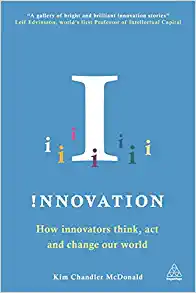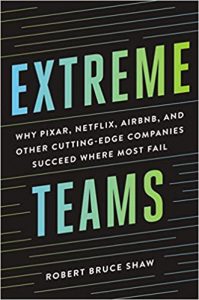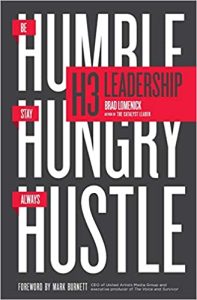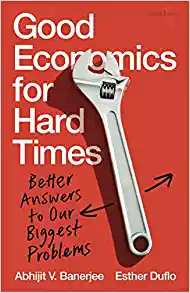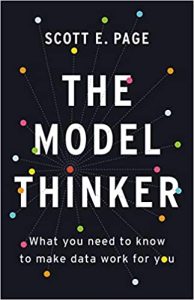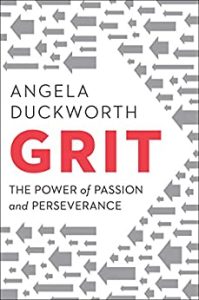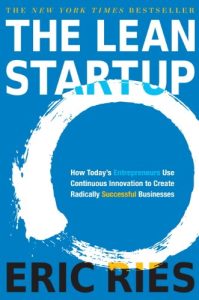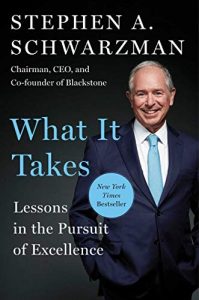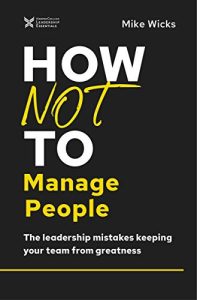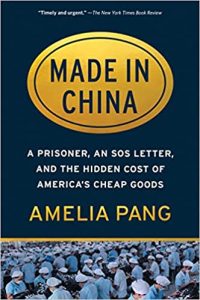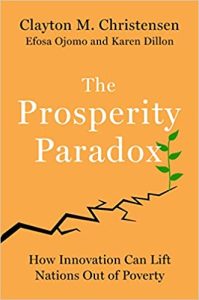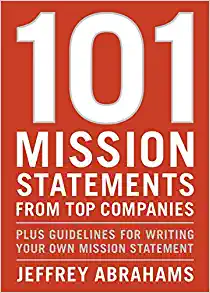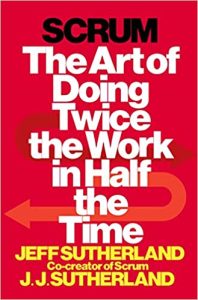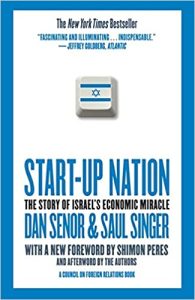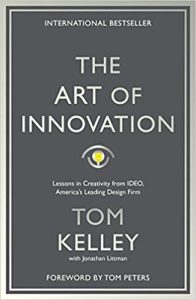Innovation
₦5,000.00Businesses looking to succeed in the digital, global economy must innovate to survive, and !nnovation highlights the pioneers who have broken the mold and led the pack in a wide range of fields (including business and technology, engineering and energy, government and social policy, the arts and advertising, media, medicine and more). Innovation expert, Kim Chandler McDonald underlines the common denominators linking these highly creative people, such as their compunction to tell their truth, unpalatable or not, their entrepreneurial instincts and their steadfast protection of their brands.
This book offers readers:
–understanding of innovation as a mindset rather than a process
–insight on how to start thinking like an innovator and into how this can assist them with their own careers and goals
–knowledge of how to cultivate innovation in their own team, department or business
–personal accounts from international innovators
!nnovation showcases interviews with over 100 people who have pushed aside the boundaries in their field, such as: Vint Cerf, ‘Father of the Internet’ and Chief Internet Evangelist at Google; Matt Flannery, CEO/Co-Founder of Kiva, the microfinancing organization working to alleviate poverty; author Seth Godin; Zappos CEO and instigator of Las Vegas’ transformational Downtown project, Tony Hsieh; Digital Royalty CEO Amy Jo Martin; and Chief Innovation Officer at the marketing agency MDC Partners, Faris Yakob. Chandler McDonald explores what drives these successful innovators, what makes innovations take off and why innovation is so critical to individuals, economies and to society as a whole.

